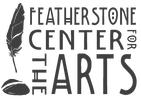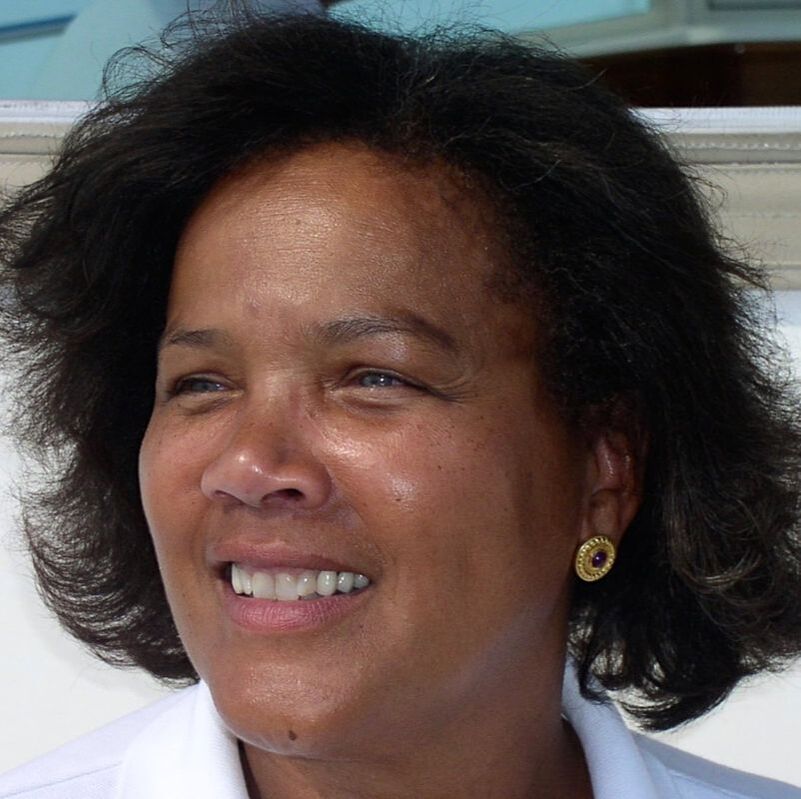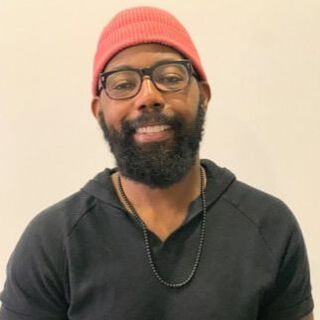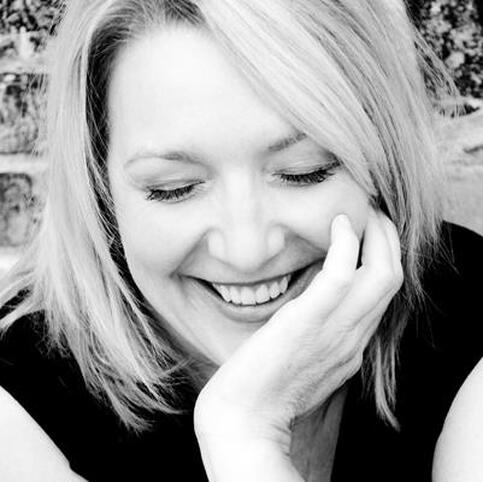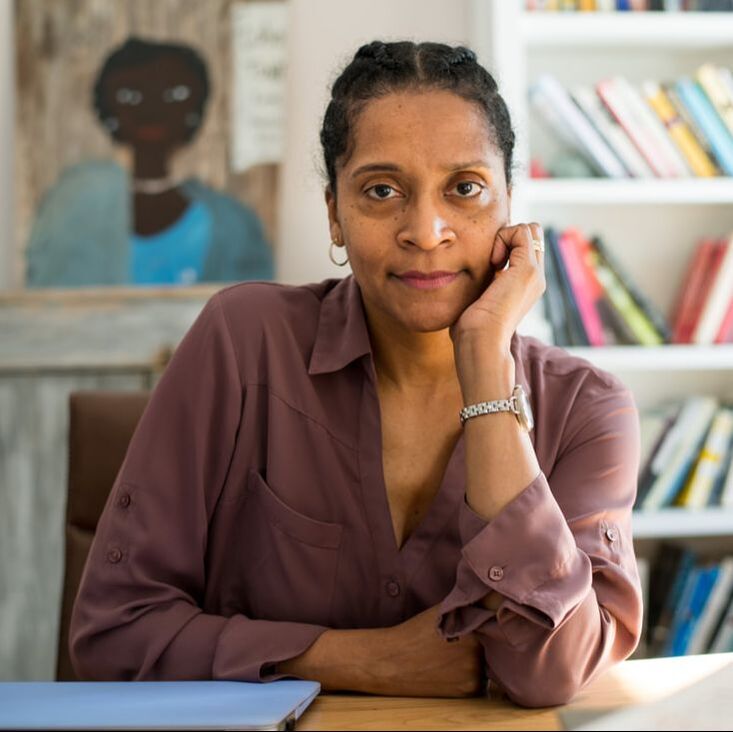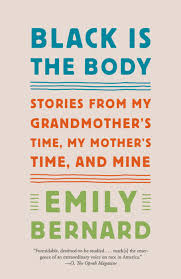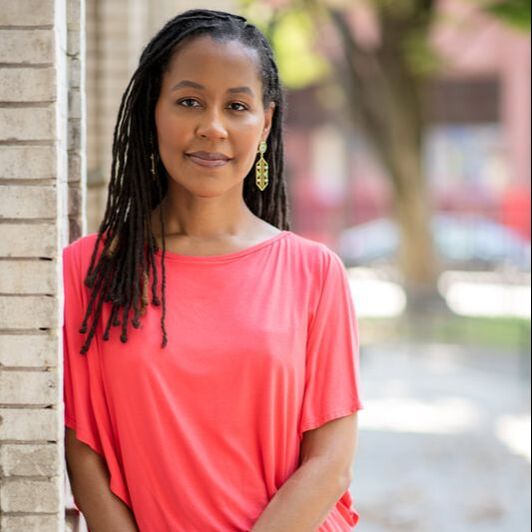- HOME
- ABOUT US
- EXHIBITIONS
- EDUCATION
-
EVENTS
- Music at Featherstone
- PHOTOGRAPHERS SALON
- Alice Randall Book Reading
- ANONYMOUS ART
- Islanders Write
- Patricia Williams Book Reading
- POTTERS BOWL
- POETRY AT FEATHERSTONE
- SUMMER GALA
- HOLIDAY GIFT SHOW
- ART NIGHTS
- YARN BOMBING
-
PAST EVENTS
>
- Book Reading
- YARN IN THE ART BARN
- Literary Conversation
- POETRY READING
- BOOK READING & SIGNING
- Poetry Cafe
- Outdoor Summer Film Series
- POETRY READING
- BILLY COLLINS
- THE ART OF CHOCOLATE
- THE YARD'S PRIDE DANCEHALL
- #MVDailyDraw
- VIRTUAL POETRY READING
- Fall for the Arts
- "Art of the Seasons" Outdoor Show
- Alice Randall Book Launch
- Jennifer Smith Turner Book Launch
- #ArtWeekAtHome
- Winter Walk & Create
- SUMMER FESTIVAL OF POETRY
- SOUND SERIES
- Mathea Morais Book Launch
- Natalie Lurie Harp Concert
- Justen Ahren Book Launch
- Tarot in Motion
- SUPPORT US
- HOME
- ABOUT US
- EXHIBITIONS
- EDUCATION
-
EVENTS
- Music at Featherstone
- PHOTOGRAPHERS SALON
- Alice Randall Book Reading
- ANONYMOUS ART
- Islanders Write
- Patricia Williams Book Reading
- POTTERS BOWL
- POETRY AT FEATHERSTONE
- SUMMER GALA
- HOLIDAY GIFT SHOW
- ART NIGHTS
- YARN BOMBING
-
PAST EVENTS
>
- Book Reading
- YARN IN THE ART BARN
- Literary Conversation
- POETRY READING
- BOOK READING & SIGNING
- Poetry Cafe
- Outdoor Summer Film Series
- POETRY READING
- BILLY COLLINS
- THE ART OF CHOCOLATE
- THE YARD'S PRIDE DANCEHALL
- #MVDailyDraw
- VIRTUAL POETRY READING
- Fall for the Arts
- "Art of the Seasons" Outdoor Show
- Alice Randall Book Launch
- Jennifer Smith Turner Book Launch
- #ArtWeekAtHome
- Winter Walk & Create
- SUMMER FESTIVAL OF POETRY
- SOUND SERIES
- Mathea Morais Book Launch
- Natalie Lurie Harp Concert
- Justen Ahren Book Launch
- Tarot in Motion
- SUPPORT US
